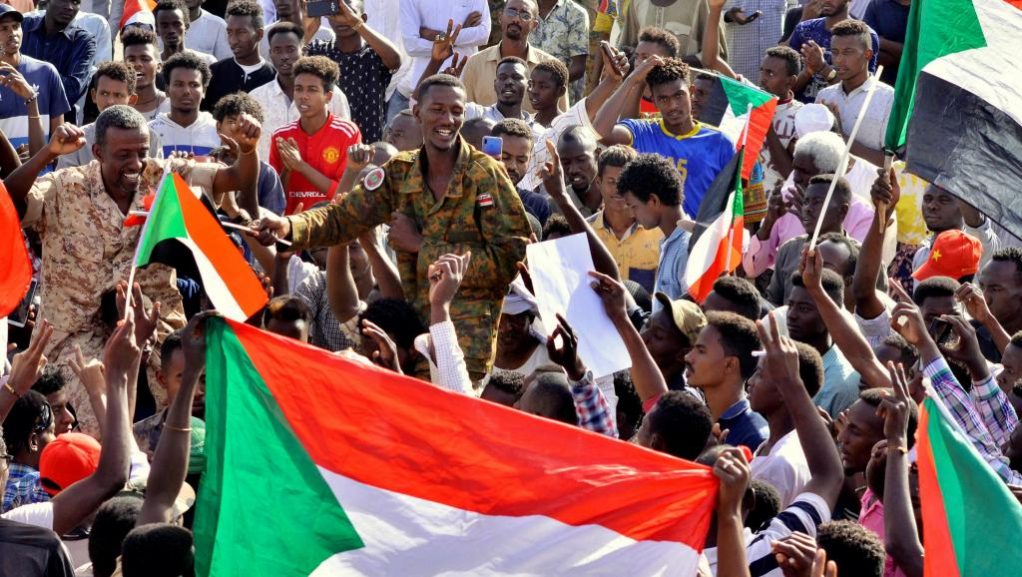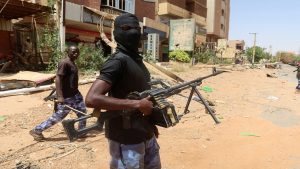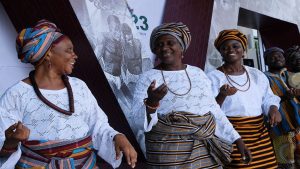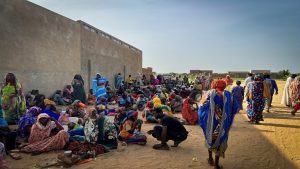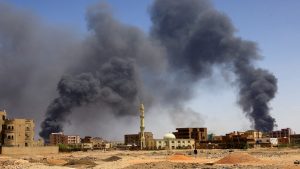South Africa has urged the United Nations Security Council to be guided by the regional approaches of the African Union and IGAD to its future interventions in Sudan. The Council met for its regular session on the situation in Darfur where the United Nations has a peacekeeping mission but developments at a federal level where also highlighted after the removal by the military of long-standing President Omar al-Bashir.
Several Council members endorsed the call by the African Union’s Peace and Security Council that threatened to revoke Sudan’s membership if the self-appointed Military Transitional Council does not establish a civilian government by the end of this month.
The head of the UN Mission -South Africa’s Jeremiah Mamabolo informed Council members that UNAMID remained vigilant, continuing with its robust posture and that UN staff had not been targeted during the military takeover.
“However, protests continue in Khartoum and other parts of the country, with a sit-in at the Sudan Armed Forces Headquarters demanding the immediate transfer of power to civilians. It is worth noting that the Military Transitional Council has since initiated dialogue with the Declaration of Freedom and Change, the umbrella body of the protestors and other elements of the opposition, on a feasible transitional mechanism that would be all-inclusive and representative of all Sudanese interests.”
South Africa’s Jerry Matjila said it was critical for the Sudanese people to seize this opportunity to address all their current differences and ensure inclusion for all.
“South Africa underscores the importance of a credible transition and a transparent process and arrangements that will aide in unifying the country. The international community should rally behind the ambitions of the Sudanese people as they find one another and figure out the future of their country. The Council, in its engagement on Sudan should further be guided by regional approaches and through the African Union and IGAD.”
Kuwait was among those who cautioned against Council intervention arguing that developments in Sudan remained an internal matter while others urged the transitional military council to meet the demands of the protestors for wholesale changes in government and a return to civilian rule. Germany welcomed the strong intervention of the African Union through Minister of State Niels Annen.
“Germany believes that these voices of the people need to be heard as Sudan charts a new way forward. Therefore, Germany welcomes the statement of the African Union, which strongly underlines the imperative of a civilian-led and consensual political transition in Sudan. We echo this clear political message from the region. And we call upon all actors in Sudan to move in this direction – with determination, with urgency, and above all: without violence.”
The United Kingdom’s Jonathan Allen urged Sudanese authorities to use the opportunity to build trust in the country.
“Sudan is at a crossroads. The transitional military council faces a choice – it should listen to the Sudanese people, respect their legitimate demand for legitimate rule and enable the transition to a system which respects human rights, democracy and fundamental freedoms and delivers accountability. Making that choice would mean a new Sudan, it would be a Sudan respected in the international community of nations.”
Sudan’s envoy also called the matter an internal one, arguing there was no justification for discussing the matter in the UN Security Council; this is despite the AUPSC’s unambiguous deadline for a return to civilian rule.
WATCH RELATED VIDEO BELOW:


